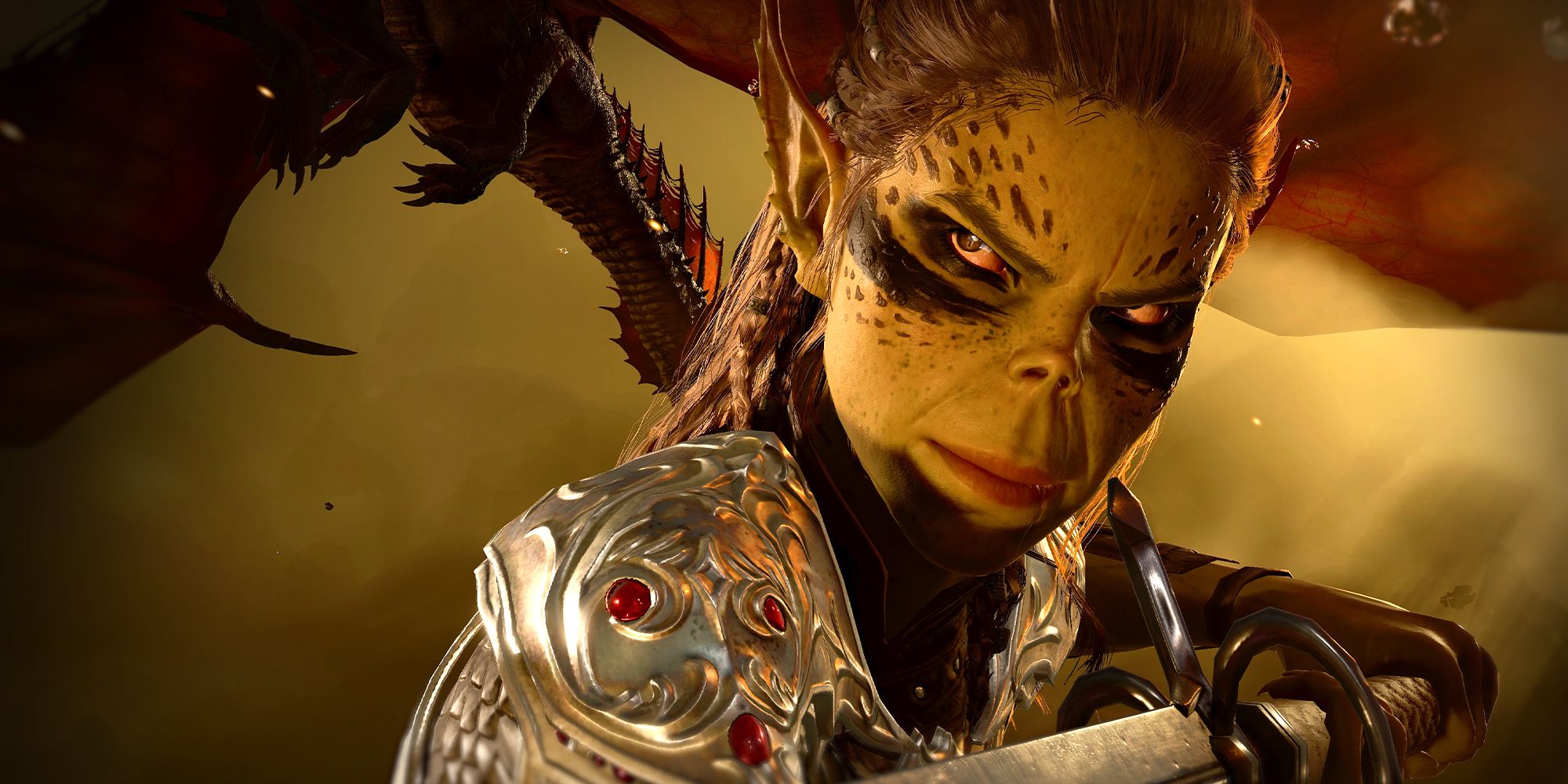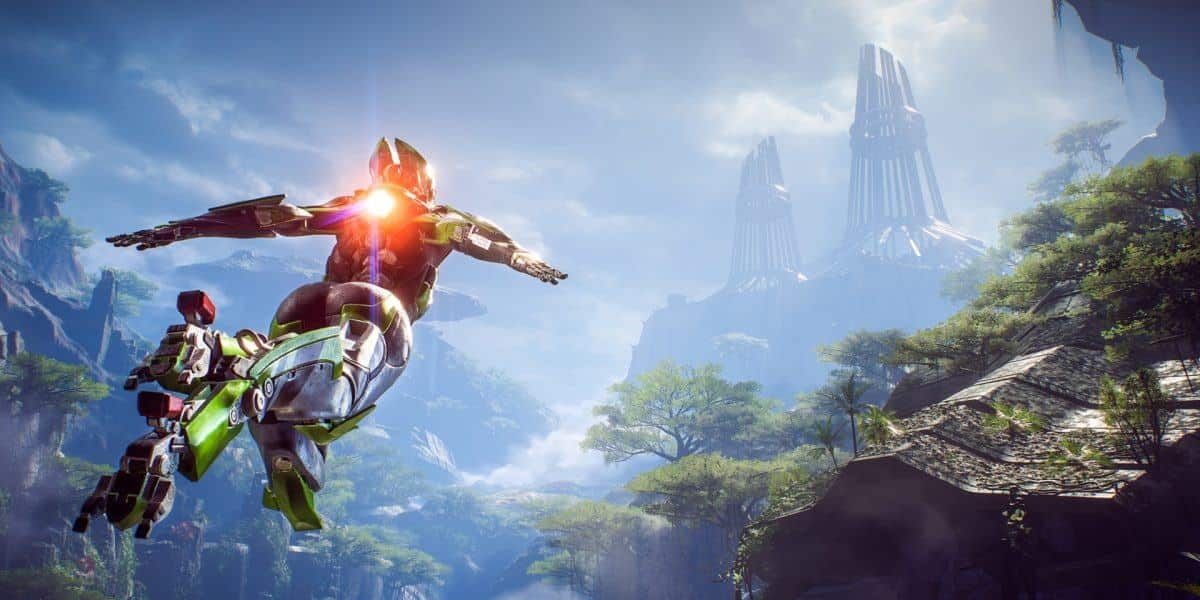Baldur's Gate III has been nothing short of a home run for Larian Studios. It received near universal acclaim and sold over 2.5 million copies by August 4th, 2023 through early access. There is no way to overstate its success, and its many triumphs are very clearly deserved. It comes from such a pedigree that if it had been a disaster, there would have been no coming back from it. Many gamers are comparing it to Baldur's Gate II, which was long considered a standard for depth and immersion in Western RPGs.
All of this may explain why it seems like many other developers and studios are trying to downplay its potential impact. Several of them have taken to Twitter to make sure to emphasize that Baldur's Gate III is "atypical" or, in a now-deleted tweet from James Berg, the senior technical program manager for accessibility at Xbox, that it was "Rockstar-level nonsense for scope". While Larian's received plenty of praise, the knee-jerk reaction from developers who are relatively high up in the food chain at their studios has been to defend the current and often underwhelming status of Triple-A gaming. Their message is that consumers shouldn't raise their expectations because of this game, and that low standards are worth maintaining because "not every studio can do this." The success of BG3 has only revealed more cracks in the foundations of Triple-A gaming and has even highlighted the weakness in Bioware, the once-beloved company that made the previous entries in the Baldur's Gate series.
Why Baldur's Gate 3 Is Special
To understand the panic BG3 has sparked in the gaming industry, it makes sense to examine exactly what Baldur's Gate III did right. Baldur's Gate is a beloved franchise and many older gamers have a lot of fond memories of the original game and it helped change its genre. Dragon Age, Skyrim, and other significant fantasy games would not exist if the originals hadn't set the standard for Western RPGs going forward.
In many ways, the stars aligned perfectly for Baldur's Gate II because of the Infinity Engine and the truly passionate team working on it. As a result, fans had high expectations for Baldur's Gate III from the start. This prestigious IP was valuable on its own and many other studios would have milked it to death and not held it to the standards established by its franchise. Recently, Triple-A gaming has taken beloved franchises and squeezed them for all they're worth, with mediocre results, as later entries in the Assassin's Creed franchise or the third Mass Effect game can attest to. Larian Studios, on the other hand, made choices that even exceeded the player base's expectations.
Larian Studios also wanted to make a complete game that stood on its own merits. Players do not need to buy anything but BG3 itself for the complete experience. Many other Triple-A studios have come under fire for locking their games behind microtransactions. For example, Mass Effect 3 infamously made players pay for its day 1 DLC From Ashes, which included characters vital to the game's plot who already existed in the game's base code. Asura's Wrath forced players to buy its true ending separately from the game. Diablo IV has skins that cost almost $20 a pop and Blizzard had to have an apology livestream because of how poorly received their patch for Season 1 was, and they are still working to reverse the changes.
Many AAA games get shipped completely unfinished with their features locked behind paywalls, frustrating gamers who just paid $60-$70 for a new title. At this point, asking a gamer to pay $20-$40 dollars more for the complete experience feels predatory. Larian has made a conscious choice to not make these mistakes, creating a complete game that will be updated and fixed with free patches as they receive feedback. As of this writing, there are no current plans for BG3 DLC and the game is already complete without it. They have also famously refused to add microtransactions into the game.
Larian's handling of Baldur's Gate III is wildly out of step with the rest of the game publishing environment. Without EA or UbiSoft hanging over their heads, Larian was able to produce a great game that people absolutely love. The backlash and scrambling from other studios and developers simply enforces the feeling that many gamers have come to have over the years, that the game itself is secondary to how much money studios can squeeze from the player base. Battle passes are used as a metric of success for games now and when games break with that standard and are applauded for it, the studios see it as a signal to circle the wagons and resist change. Improvement doesn't come from simply sitting back and letting the cash roll in and Larian Studios has proven that great games come from actually engaging with the player base and trying to make a good product. Failure, on the other hand, results in what has happened to the once-great Bioware.
Bioware's Downfall Began At Anthem
Earlier this month, Bioware announced that it would be laying off around fifty people, in the middle of development for the fourth entry in the Dragon Age franchise and the fifth title in Mass Effect. Over the last few years, the studio has remained relatively quiet about game development. At the same time, they've been hemorrhaging talent with a lot of high-profile departures. While it may just be a coincidence that these layoffs came right on the heels of Baldur's Gate III's success, it also highlights the tragic state that EA's purchase of Bioware in 2007 left the studio in. EA has come under fire for its myriad controversies and its desire to absorb and digest smaller, struggling studios like a rampaging gelatinous cube, and has even had the questionable honor of being named one of the most hated companies in America.
Bioware truly was once one of the most beloved companies in gaming. Baldur's Gate, Knights of the Old Republic, and Jade Empire are a few good examples of their innovative and interesting RPGs. They made games that players got lost in that still hold up years later. It took some time for the rot to set in after EA's acquisition of the company but Anthem highlighted a lot of the ensuing problems. Around that time, EA was pushing for more "original" IPs as even the CEO at the time, John Riccitiello, referred to their games as "boring people to death."
Anthem was something of a mess from the very beginning, especially with the mandate from EA about the use of the Frostbite engine weighing it down. The project was also poorly managed and had to deal with a lot of internal transitions. Despite its long development cycle, the game was full of grind and many fans found it brutally boring, despite the way it tried to copy the loot-shooting gameplay style of Bungie's games at the time. Anthem felt clunky and repetitive, and it was riddled with microtransactions. The reception was so bad that in 2019, there was an announcement that the game would be "reworked," but that eventually fell off and led to the decision to scrap multiplayer elements from Dragon Age: Dreadwolf, which has still yet to come to fruition.
The issues with Anthem felt like the death knell for much of Bioware's credibility. As of this writing, Anthem is still the last new release from Bioware that isn't a repackaging of the original Mass Effect games and the studio has remained relatively quiet when it comes to the anticipated Dragon Age: Dreadwolf. A lot of this can be laid at the feet of EA's internal practices and the state of Triple-A gaming as a whole.
Baldur's Gate III is a threat and an opportunity for game developers and publishers. While it is true that not every game can be anything like it, not every game has to be like it. It is more of what the game represents that gamers should hold onto because players deserve to have great experiences with the media they support. Asking audiences to settle for something second-rate because it's "too hard" is a sign that big developers need to take a good, hard look at their games and really ask what they can do better.



